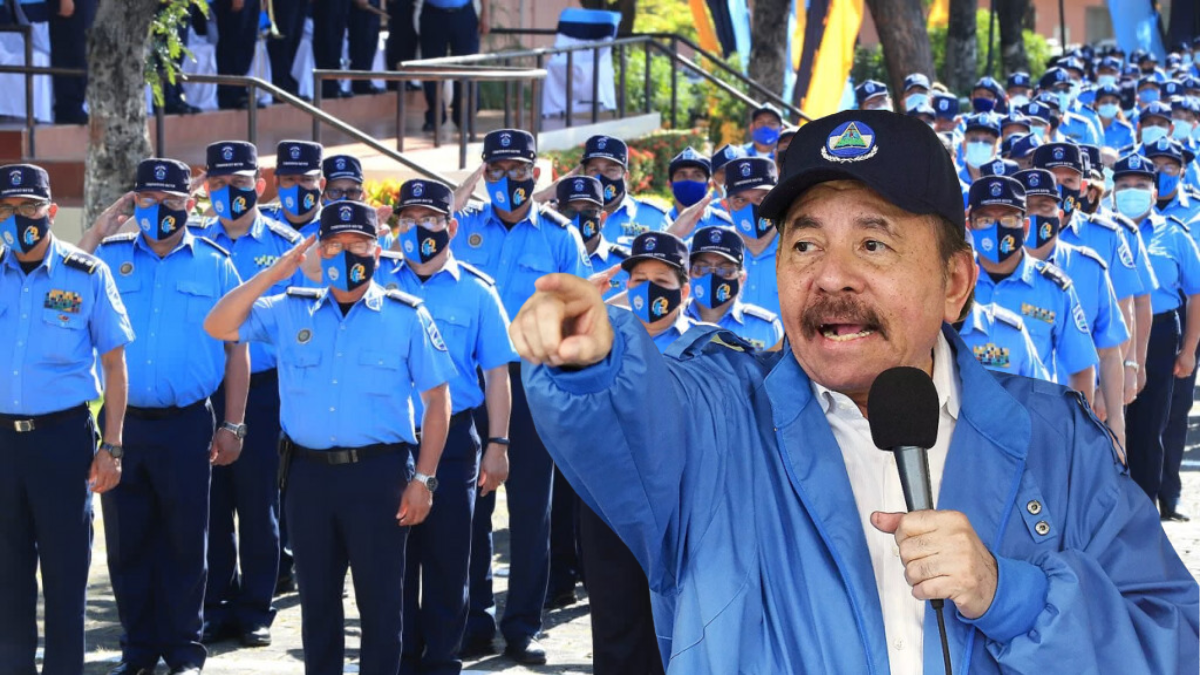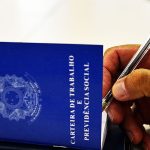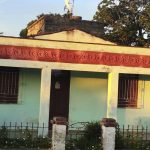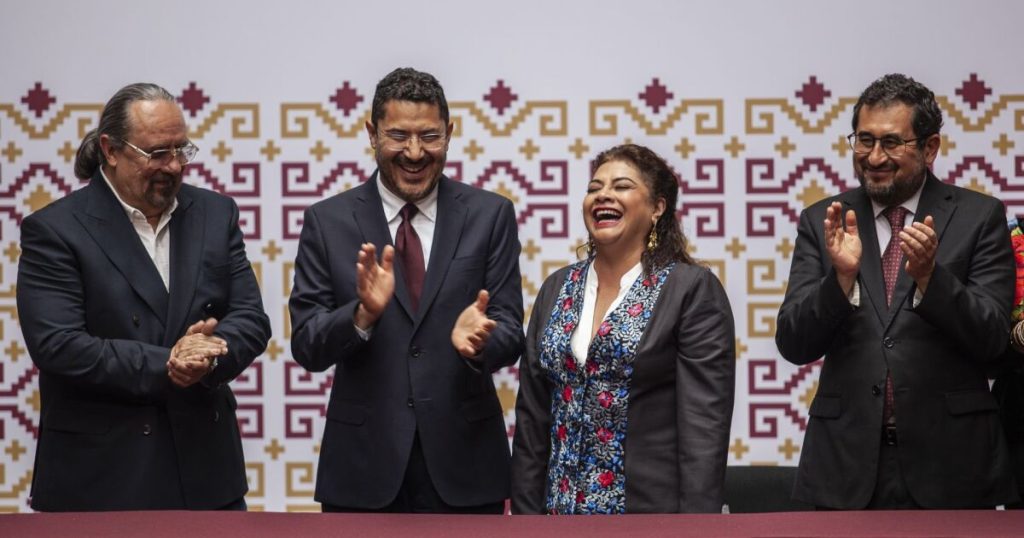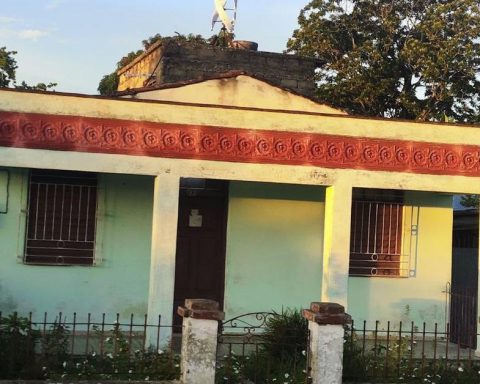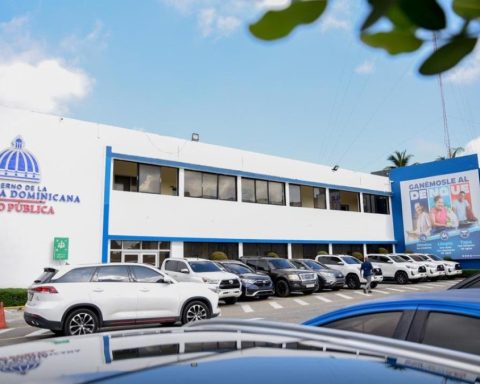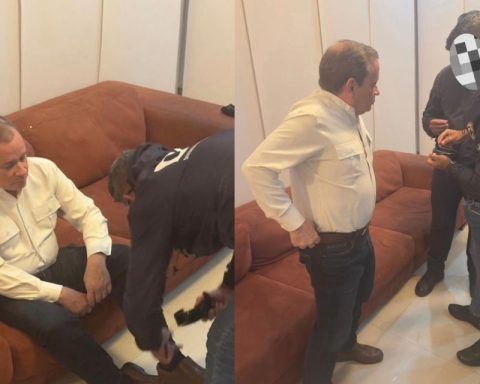Dictator Ortega ordered his deputies to reform Law 406, the Nicaraguan Criminal Procedure Code (CPP), to grant suprajudicial powers to the Sandinista Police so that they can raid, seize electronic and computer equipment, demand information from telephone companies on calls, text and voice messages, geolocation and even block bank accounts without a court order.
This Wednesday, September 4, the political operators of the dictatorship and their mosquito-wearing collaborators who serve as deputies in the National Assembly decided to send to the Justice and Legal Affairs Commission for consultation and opinion, the Initiative of the “Law of Reforms and Additions to Law No. 406, Criminal Procedure Code (CPP)”, proposed by their political leader, who had previously ordered that the Penal Code be reformed.
The regime is on the offensive to reform criminal laws, according to analysts, in an attempt to encircle the opposition inside and outside Nicaragua by controlling remittances for fear that this could finance anti-dictatorship activities.
According to the explanatory statement of the proposals sent to the Legislature by the tyrant, “the proposed procedural reforms are intended to clarify, improve and expand the way in which the criminal process should be directed and managed,” they indicate.
Related news: Interpol is alerted about Ortega’s plan to use it to apply transnational repression against Nicaraguans
The regime also claims to be reforming criminal laws, supposedly to act against transnational organized crime with sufficient speed to prevent them from evading justice.
“Mechanisms are required that allow the authorities responsible for criminal prosecution and punishment to anticipate these cover-up actions, securing such assets and accessing in a timely and direct manner the information that guarantees success in the fight against national or transnational crime, ensuring that the latter is obtained and protected under the principle of confidentiality and reserve of information,” argues the dictatorship.
They cover up superpowers for the Sandinista Police
With the proposed reform and addition, the new article 230 of the Criminal Procedure Code, in its sections 9, 10, 12 and 13, grants authority to the Police at the service of the dictatorship to request information from computer service providers (internet providers).
The repressive institution is also given the power to demand from telephone companies “information on the owners of mobile and fixed telephone lines, associated services, list of calls, text and voice messages, geolocation, location of transmitting and receiving antennas.”
In other words, the reformed law will turn internet and telephone companies into spies at the service of the dictatorship.
Nothing escapes the spying system that the dictatorship is setting up through the reform of the CPP, as it empowers the Police to demand from IT companies the “subscriber identity module number, internet protocol addresses, the international identity of a mobile device and the users linked to the equipment of telephone companies.”
Related news: Sandinista dictatorship approves law to monitor those who send and receive remittances in Nicaragua
Similarly, the new CPP gives the police the right to “carry out searches, raids, inspections and seizures that are necessary” and to do so they are not required to carry a court order because the reform to the legal norm grants them, in “urgent cases” a period of up to three days to validate police actions before a judge, also a Sandinista.
The reform to the CPP gives so much power to the Police that the director general of said institution can “request” from any banking institution, whether public or private, all information on the transactions of natural or legal persons that are being investigated.
And the police chief can go further, to “seize, occupy or freeze assets, securities, certificates of deposit, documents and bank accounts. He may also suspend operations or financial transactions,” and is not required by law to inform the owner of the seized items that are being investigated.
Let’s join together to reject repressive reforms
For the opposition political organization Unión Democrática Renovadora (Unamos), the reforms to the Penal Code, as well as the laws that regulate the Financial Analysis Unit (UAF) and money laundering, carried out by the dictatorship are to “intimidate Nicaraguans inside and outside the country, threatening the remittances that hundreds of thousands of Nicaraguans send from abroad.”
In a statement sent to the media, Unamos warns that it is “the Ortega-Murillo regime itself that carries out money laundering and human trafficking in association with organized crime.”
“These reforms are unconstitutional as they attempt to judge, condemn and confiscate Nicaraguans and foreigners in absentia and are yet another instrument that they intend to put at the service of the dictatorship’s repression,” the opposition organization denounced.
